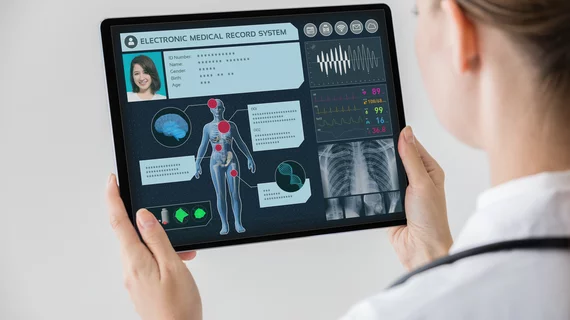Officials launch investigation into Google, Ascension data project
HHS is looking into a secret project between Google and Ascension after news reports revealed Google was collecting personal health information, including names and birthdates, of millions of U.S. patients under the partnership.
Ascension, based in St. Louis, Missouri, is the nation's largest Catholic health system that operates more than 2,600 sites of care across 20 states and the District of Columbia.
The partnership, which was called Project Nightingale, was uncovered by The Wall Street Journal mid-November. The report of the project immediately sparked privacy concerns. Both Ascension and Google executives penned posts to clarify the relationship, asserting Google was not allowed to utilize the data for marketing or research purposes.
However, just a few days after the WSJ broke the story about the project, another major story broke about Google’s forays into the healthcare space. That story, reported by the Washington Post, uncovered Google canceled a public release of 100,000 chest x-ray images after the National Institutes of Health called the tech giant to call off the dump. Some of the images contained identifiable patient information.
The new partnership between Ascension and Google has prompted the HHS Office of Civil Rights to launch an inquiry.
The agency is looking to learn “more information about this mass collection of individuals' medical records with respect to the implications for patient privacy under HIPAA,” Roger Severino, the office’s director, said in a statement.
The project also prompted concern of some politicians, the WSJ reported.

